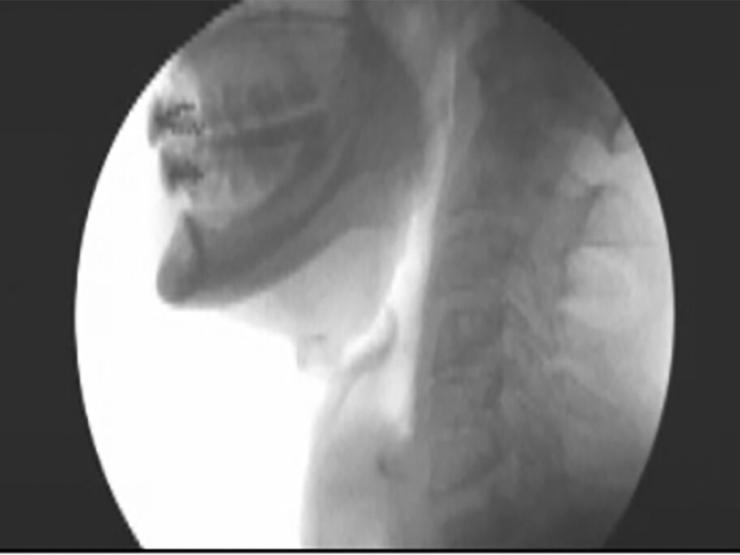Per the College's 2011–2023 Strategic Plan.
Academic Excellence
The first of our strategic goals is academic excellence, and it is a goal that is central to all of our work. At Emerson, academic excellence is rooted in a college culture that supports the development of a diverse, creative, and intellectual community, providing the resources that faculty need in order to do their work well and to ensure that students learn at the highest possible level.
- One set of goals focuses on the composition of and support for the faculty. We will hire 40 new full-time faculty members from 2013-2018, and continue to strengthen support for all faculty across the college through faculty development, internal grants, support for external grants, teaching support, and other means.
- Another set of goals focuses on curriculum development, and fostering and supporting research and creative work. Actions to realize these goals include:
- A major effort to re-imagine teaching and learning in the communications disciplines at Emerson;
- A plan for better integrating the liberal arts with arts and communications fields;
- A plan to develop multi-disciplinary Centers for research and creative expression across the disciplines that we support.
- Additional work will focus on defining the optimal administrative structure to support the undergraduate and graduate experience at all of our campus sites.
Civic Engagement
We in higher education have a responsibility to meet this expectation and contribute to the public good. Emerson College therefore has as its major goals for this initiative:
- To develop a culture of civic-mindedness, civic action, and civic education at Emerson;
- To establish deep and meaningful engagement with Boston urban communities through a robust program of civic engagement that is intentionally integrated into the curriculum and co-curriculum of the College, and that further develops our commitment to diversity and inclusion;
- To provide a platform for civil discourse about issues of social consequence.
The Elma Lewis Center for Civic Engagement, Learning and Research will be the dynamic heart of these efforts. Named for Elma Lewis ’43, a renowned civic leader and arts educator in the city of Boston, the Center “inspires and sustains civic engagement at Emerson College, using our distinct expertise in the arts and communication to serve the common good.” It brings under one administrative umbrella the wide range of civic engagement work already going on at Emerson, will generate new programs on campus and in partnership with schools and community organizations, and will create the structures needed to ensure the development of our civic engagement work. Assessment and dissemination of knowledge gained through this work will also be central to its activities. (Adapted from the Center’s statement of goals.)
Internationalization and Global Engagement
As an institution of higher education, we are committed to mutually beneficial engagement with the global society in which we participate, and to ensuring that all members of our community are prepared to thrive in that society. Our over-arching aims in this work are:
- To be known as an institution that attracts and welcomes students and faculty from around the world;
- To be known as an institution that values and actively fosters intercultural knowledge and competence in faculty, staff, and students;
- To be known as an institution that understands itself in a global context, and that actively engages with international communities, organizations and institutions at home and around the world.
We launched ourselves on this path with the establishment of our study abroad program in Kasteel Well, The Netherlands, in the 1980s, and have since established programs and partnerships with universities around the world. We will consolidate and expand on this work by establishing an Office of Internationalization and Global Engagement that will nurture existing partnerships and create new ones; work with individuals and organizational units across campus to develop intercultural knowledge and competence in all members of the Emerson community; and develop our institutional capacity to engage productively in our global society.
Innovation
For more than a decade, Emerson has prided itself on “bringing innovation to communication and the arts.” To ensure that we continue to live up to that promise, we are committed to creating programs that:
- Add value to our core mission;
- Reduce dependency on tuition;
- Better leverage existing resources.
We will realize these aims through three major lines of work, developing:
- Online learning in graduate and professional studies with the long-term goals of incorporating innovative technologies into our classrooms and launching online master's degrees and certificates;
- A process and structure to support the development of new works and products by faculty and students, ideally through provision of funding, resource support, advising, and space. This work will complement the College’s successful Entrepreneurial Studies Program, E3, and the Emerson Accelerator Program;
- Institutional capacity for innovation, and with it a college culture that is defined by its capacity to respond nimbly, creatively, purposefully, and with demonstrable success to challenges and to opportunities that present themselves.
Financial Strength
Our ability to implement all of the plans above is contingent on our financial health, and our ability to plan our work in a realistic and sustainable way. We are committed to:
- Responsible use of resources (human, financial, and physical facilities);
- Increasing financial resources through revenue-generating activities and enhanced fund-raising;
- Attracting and retaining faculty and staff.
- Developing long-term plans for the renewal and replacement of our physical plant and technology infrastructure.
We are achieving these goals by balancing our annual and multi-year budgets, creating faculty and staff professional development programs, studying the compensation plans for faculty and staff, and engaging in ongoing planning—and implementation of plans for—the renewal and replacement of our buildings and technology.
